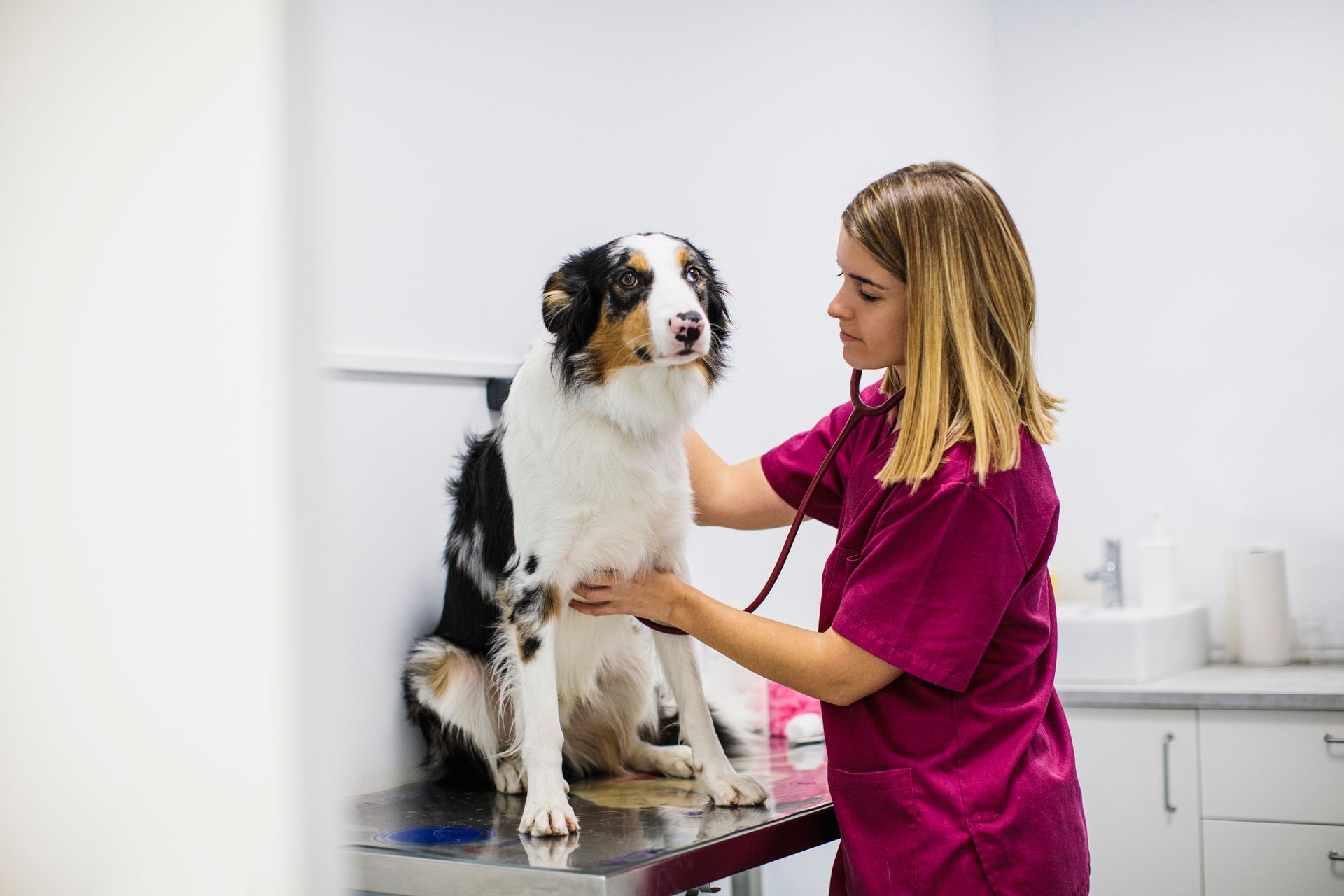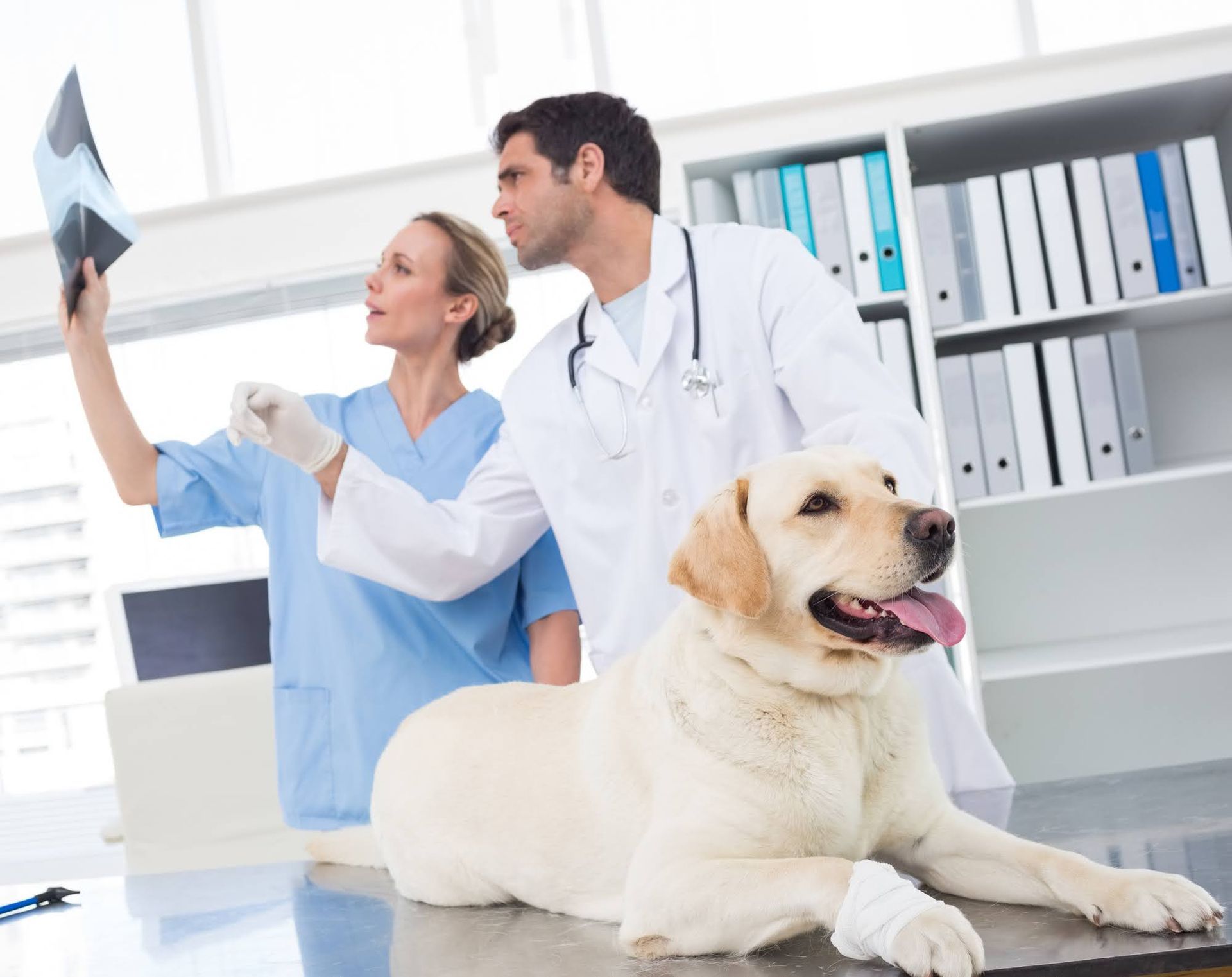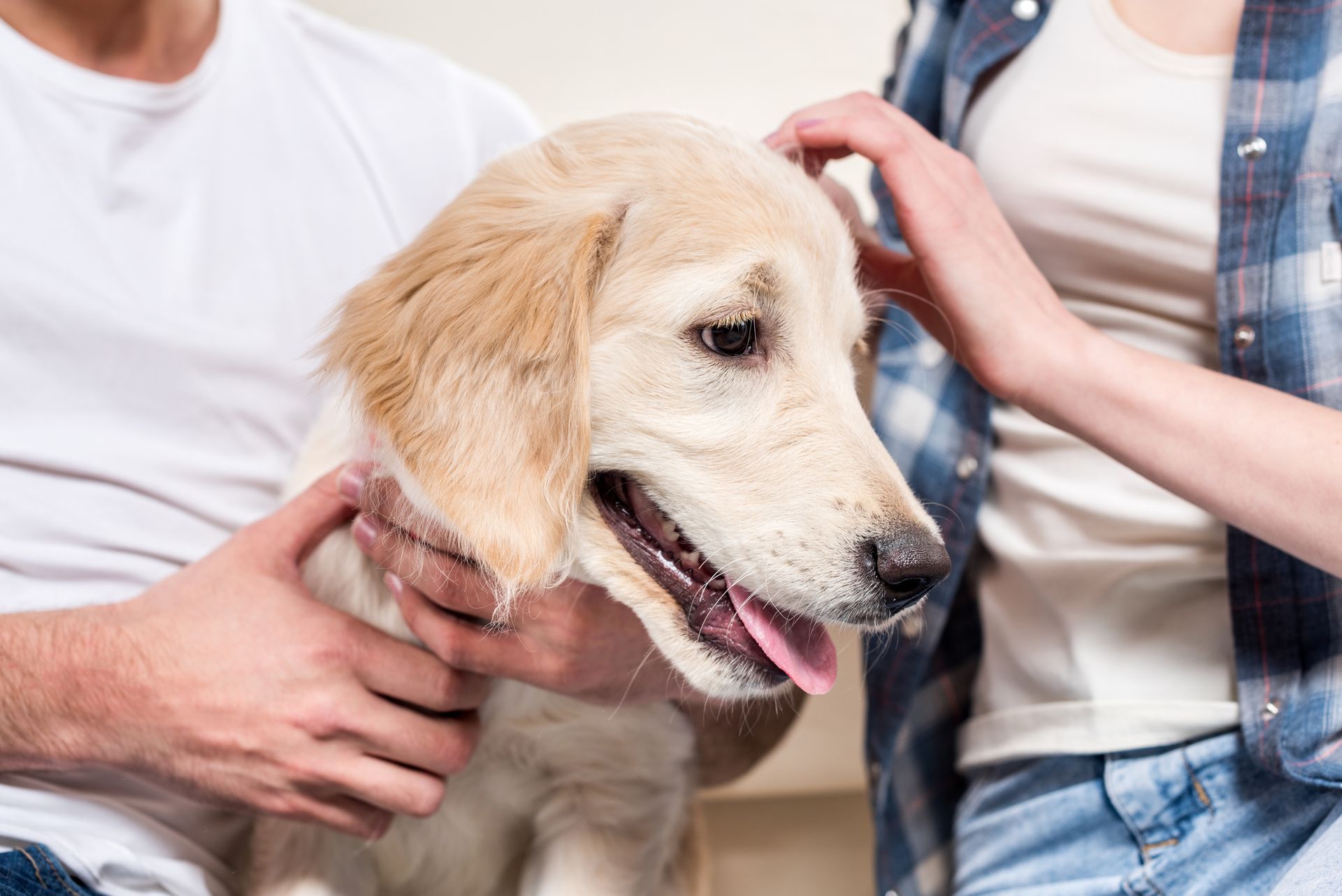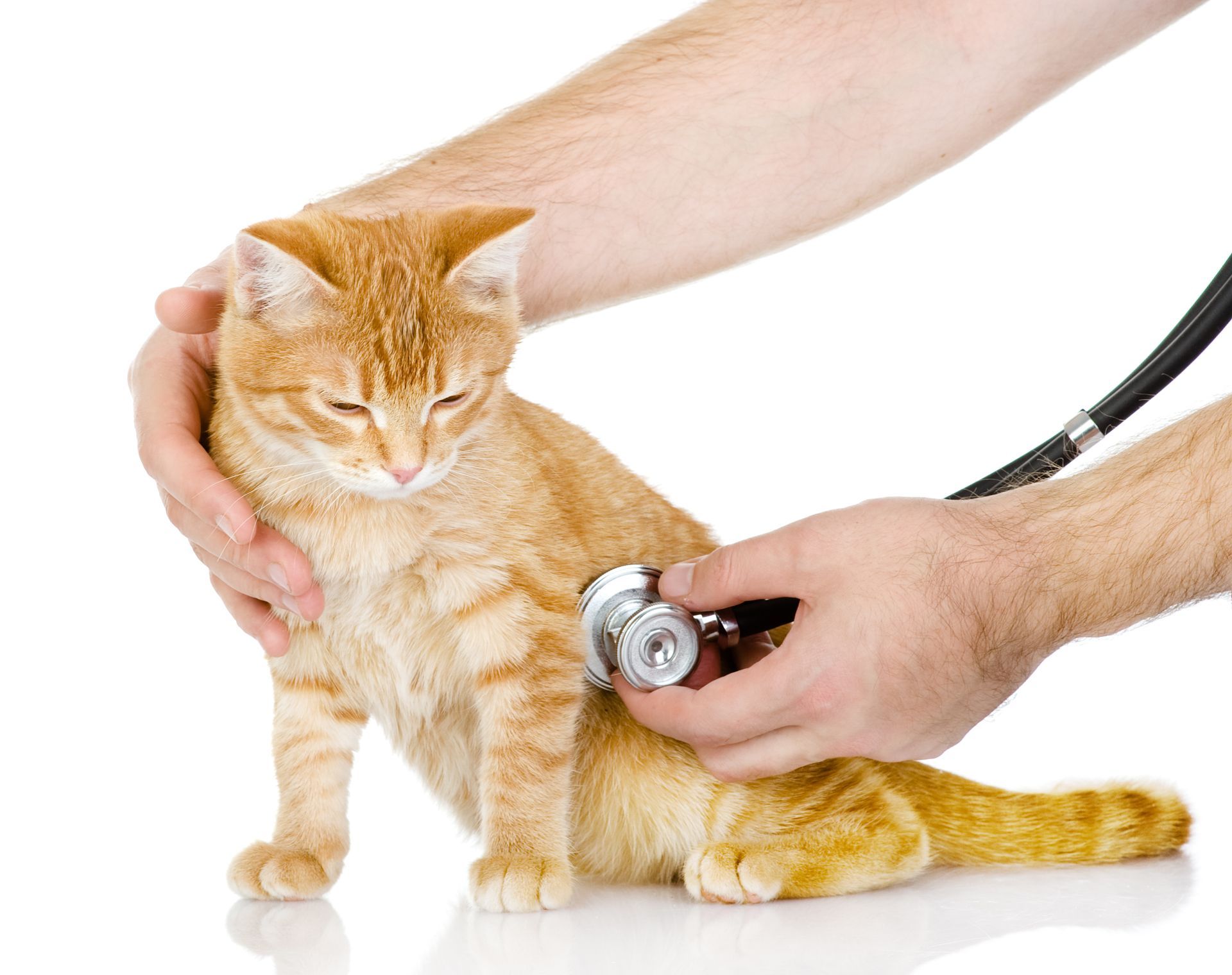Your Dog's Nose: 4 Symptoms Worth Noticing

A dog's nose has up to 100,000 times the sensitivity of a human nose, greatly enhancing their ability to hunt, identify people, and find their way around. Not surprisingly, a disease or injury involving this part of the body can seriously impair your dog's overall health and quality of life.
As a dog owner, you want to know how to recognize and interpret any strange or unsettling symptoms that your dog's nose might develop so you can know when to seek veterinary evaluation and treatment. The following four trouble signs may merit a trip to the animal hospital.
1. Discharge
Dogs can get head colds, flu, and sinus infections just as easily as humans, with similar symptoms to show for it. If your dog has a runny nose accompanied by sneezing and watery eyes, you may need only to let the cold run its course. A thicker discharge may indicate a bacterial infection that requires antibiotic treatment.
A dog that suffers from constant cold-like nasal discharge may have an allergy to environmental triggers or even its everyday food. Your veterinarian can run diagnostic tests to confirm and identify an allergy. Allergy management options may include antihistamines, a hypoallergenic diet, and changes to your dog's environment.
2. Bleeding
You may feel understandably alarmed if your dog has a bloody nose. In some cases, a nosebleed may stem from an acute injury such as a fracture. You might find that you can stop an acute nosebleed by calming your dog and applying ice to its nose. If this technique doesn't work, or if the injury impedes breathing, seek emergency care.
A dog's nose can also bleed for more subtle reasons, including scratches and cuts on the nose's exterior surfaces. Benign tumors and polyps in a dog's nasal passages may also promote bleeding. You should schedule a veterinary exam to see whether your dog needs a growth removed, especially since some can prove cancerous.
3. Discoloration
Contrary to what you might assume, not all dogs naturally sport black or brown noses. Some dogs have a congenital condition known as Dudley's nose that gives them pink or even white noses. However, when your dog's nose changes from its usual color to some other color, a health condition may provide the underlying cause.
A dark nose that develops pink spots may have sustained an abrasion that removed the top layer of skin. A slow transition from a dark color to a paler color may indicate a harmless condition called vitiligo. Redness may mean an infection or inflammation that can benefit from medical treatment.
Dog's noses typically lighten in color as they age. If your dog has reached its senior years, this change may have no medical significance. Regular senior pet wellness exams can help your veterinarian monitor your old friend's health.
If your dog's nose has less than usual amount of pigmentation for any reason, it can easily get painful sunburns or even skin cancer. Ask your veterinarian to recommend a pet-friendly sunscreen, applying and reapplying it to your dog's nose as needed whenever it goes outdoors.
4. Changes in Size or Shape
A dog's nose can change shape, size, or contour for a variety of reasons. For instance, a bruised or fractured nose may swell up. A bee sting or bug bite can also produce exterior swelling, while a sharp object lodged inside your dog's nose can cause the nose to swell from the inside out.
Don't ignore any new lumps, bumps, or lesions that appear on or near your dog's nose, especially if the nose also shows signs of bleeding or swelling. These changes could mean that your dog needs treatment for a nasal carcinoma.
If you have any concerns about your dog's nose, bring your furry family member to Angel Pet Hospital. Our experienced veterinary team can study those symptoms, run diagnostic tests, and treat any injuries or ailments we may find. Contact our clinic today to schedule an appointment or request emergency care.

















